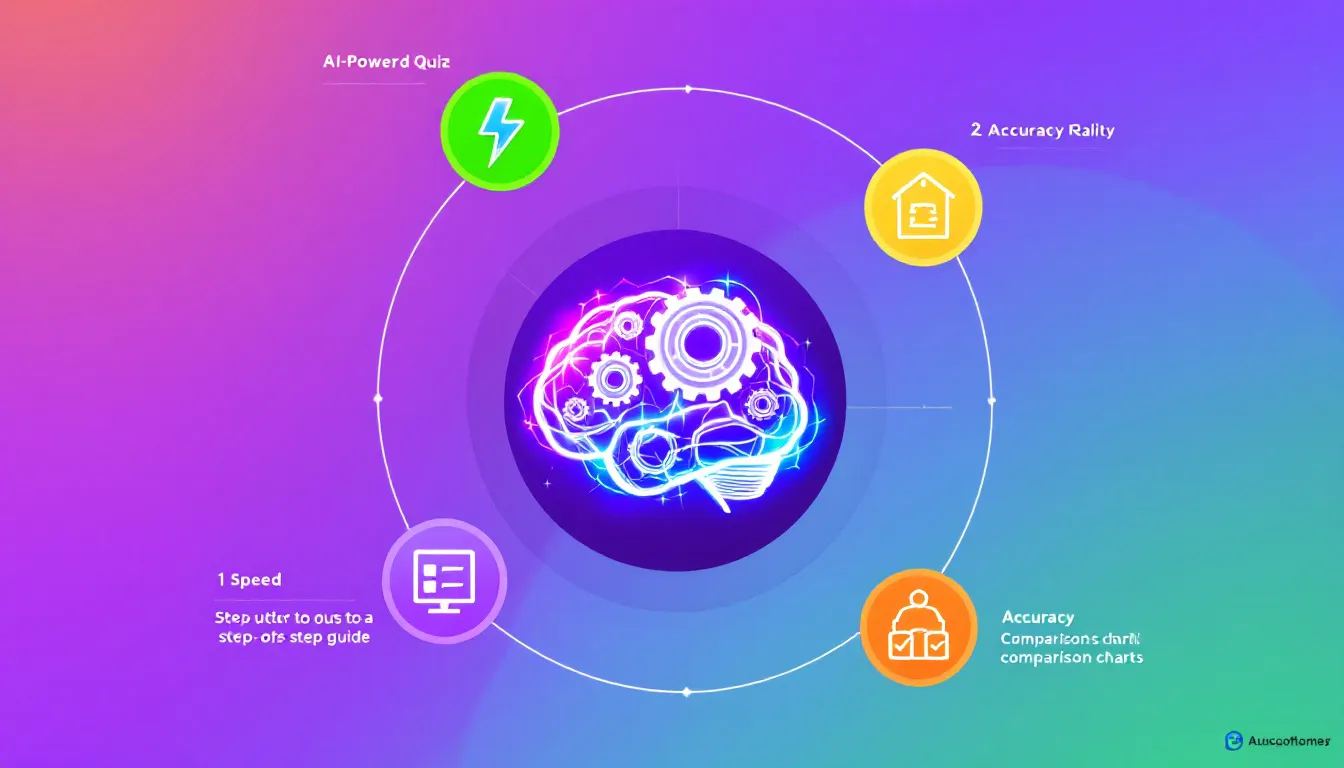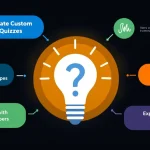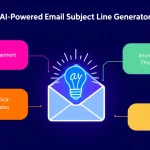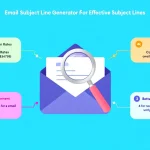Quiz Generator
Generating quiz...
Is this tool helpful?
How to Use the Quiz Generator Tool Effectively
- Enter the main quiz topic: In the “Quiz Topic” field, provide the central subject for your quiz. For example, you could input “Renaissance Art” or “Fundamentals of Nutrition”.
- Define learning objectives: Use the “Learning Objectives” textarea to list the key skills or concepts you want to assess. For example, for a quiz on “Environmental Science,” you might write:
- Explain ecological relationships
- Identify renewable resources
- Analyze human impact on ecosystems
- Discuss conservation strategies
- Specify difficulty levels (optional): If you want varied question difficulties, enter them comma-separated. For instance: “novice, intermediate, expert”.
- Choose the total number of questions: The default is 10 questions. You can set this between 1 and 10; for example, enter 5 or 8 based on your needs.
- Generate your quiz: Click the generate button to create a customized set of multiple-choice questions tailored to your topic and objectives.
- Review and use results: After generation, carefully check the questions and answers. Use the copy feature to save the content for lesson plans, assessments, or study materials.
Quiz Generator Tool: Definition, Purpose, and Benefits
The Quiz Generator Tool is an online application that helps educators, trainers, and content creators quickly build multiple-choice quizzes for any subject area. Its main purpose is to simplify the process of question creation by automating quiz generation based on your inputs, such as topic, learning goals, and difficulty levels.
Using this tool saves you time and effort while maintaining consistent quality and alignment with educational goals. Whether you’re preparing classroom tests, professional training assessments, or online course materials, the tool adapts to your specific needs.
Key benefits include:
- Quickly generate multiple-choice quizzes tailored to your subjects
- Customize questions according to detailed learning objectives
- Specify difficulty levels to match your learners’ abilities
- Ensure consistent question quality and clear language
- Receive explanations that reinforce learning alongside questions
- Build large question banks efficiently for repeated use
Practical Uses and Applications of the Quiz Generator Tool
This tool serves a variety of educational and training environments by allowing you to design effective quizzes quickly and confidently. Below are practical examples illustrating how you can apply it:
1. K-12 Classrooms
A biology teacher preparing a quiz on cell structure might input learning objectives like:
- Identify cell organelles and their functions
- Understand differences between plant and animal cells
- Explain the process of photosynthesis
The tool generates a mix of recall and comprehension questions that assess foundational knowledge and support student understanding.
2. Higher Education
A university economics professor designing an exam on microeconomics can set objectives such as:
- Define supply and demand concepts
- Analyze market equilibrium scenarios
- Evaluate policy impacts on consumer behavior
The tool creates questions spanning different cognitive levels, from straightforward facts to application and analysis.
3. Corporate Training
A human resources trainer preparing assessments on workplace safety might specify objectives like:
- Identify common workplace hazards
- Understand emergency procedures
- Apply compliance regulations properly
The tool generates practical scenario-based questions useful for effective employee evaluation and training reinforcement.
4. Online Course Development
E-learning creators can rapidly assemble quizzes to accompany lessons on diverse subjects. By inputting clear objectives and difficulty requirements, they ensure assessments support learner progress and engagement effectively.
How the Quiz Generator Aligns with Educational Principles and Learning Frameworks
The tool designs quiz questions that reflect established educational frameworks like Bloom’s Taxonomy, ensuring balanced cognitive skill assessment. It covers levels such as:
- Remember: Testing recall of facts and basic concepts
- Understand: Assessing comprehension and interpretation
- Apply: Requiring use of knowledge in new contexts
- Analyze: Examining relationships and structures in information
- Evaluate: Judging ideas or solutions critically
- Create: Combining ideas to form new concepts or questions
Incorporating this range helps you build quizzes that measure not just memorization but deep understanding and critical thinking, giving you comprehensive insight into learners’ progress.
Addressing Common Challenges in Quiz Creation
1. Saving Time on Question Writing
You avoid hours spent drafting and editing questions manually. The tool quickly produces well-formulated questions that meet your criteria.
2. Ensuring Consistent Question Quality
Maintaining uniform clarity, format, and difficulty, even across large quizzes or multiple contributors, becomes effortless.
3. Generating a Variety of Question Types
The tool creates questions across cognitive levels, including recall, application, and analysis, for comprehensive evaluations.
4. Aligning Questions with Learning Goals
By entering precise learning objectives, you ensure each question targets important concepts and skills specific to your curriculum.
5. Scaling Assessment Development
Whether you need a few questions or a full bank, the tool scales quickly and reliably, making it easier to create extensive assessments or practice quizzes.
Summary
The Quiz Generator Tool helps you create engaging, high-quality multiple-choice quizzes tailored to your subject, learning objectives, and desired difficulty. It saves you time, maintains consistent quality, and supports a broad range of educational settings, from K-12 classrooms to corporate training.
You can rely on the tool to produce well-rounded assessments that promote effective learning through clear questions and helpful explanations, enhancing both teaching and evaluation processes.
Important Disclaimer
The calculations, results, and content provided by our tools are not guaranteed to be accurate, complete, or reliable. Users are responsible for verifying and interpreting the results. Our content and tools may contain errors, biases, or inconsistencies. Do not enter personal data, sensitive information, or personally identifiable information in our web forms or tools. Such data entry violates our terms of service and may result in unauthorized disclosure to third parties. We reserve the right to save inputs and outputs from our tools for the purposes of error debugging, bias identification, and performance improvement. External companies providing AI models used in our tools may also save and process data in accordance with their own policies. By using our tools, you consent to this data collection and processing. We reserve the right to limit the usage of our tools based on current usability factors.







